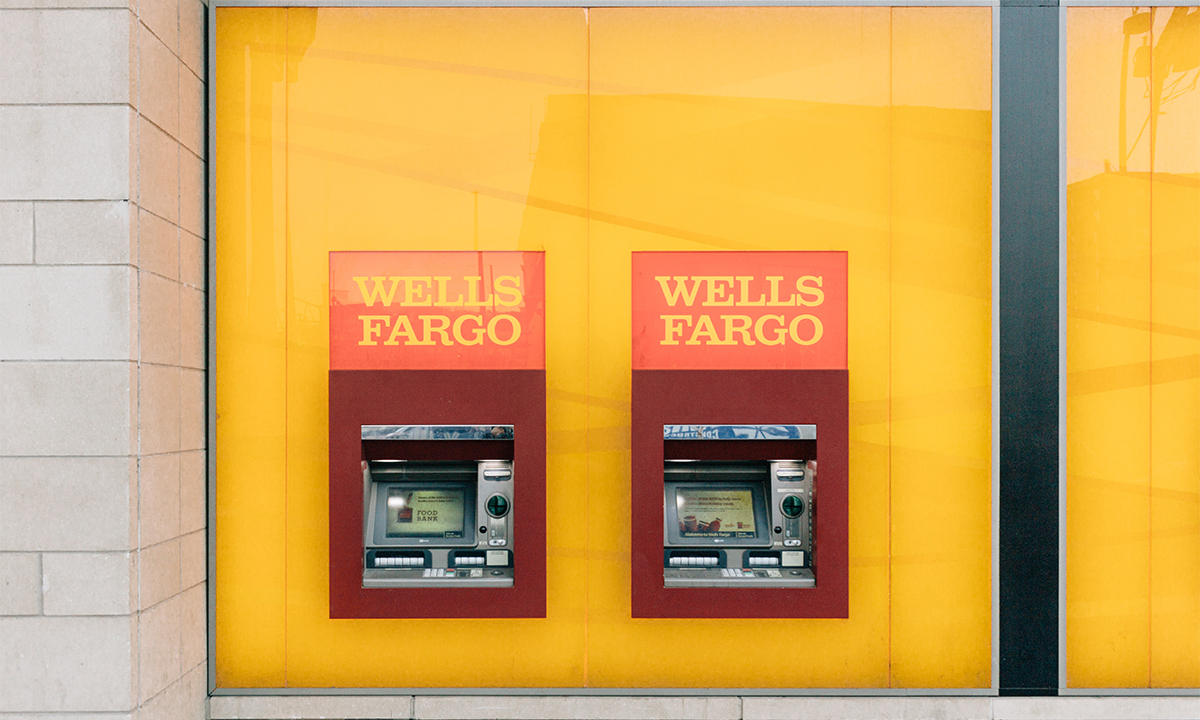In April of this year, the House referred H.R. 1595, otherwise known as the Secure and Fair Enforcement (SAFE) Banking Act, to the Subcommittee on Crime, Terrorism, and Homeland Security. This is great news for the cannabis industry, and quite possibly the first step towards total federal decriminalization of marijuana.
This bill was championed and co-authored by Rep. Ed Perlmutter (D-CO) and Rep. Danny Heck (D-WA), who both hail from states that have legalized the use of recreational marijuana.
As of 2019, about three-fourths of states have legalized the use of medical marijuana, and 10 currently permit its recreational use. On the federal level, however, it still remains a Schedule 1 drug, which is the most severe in terms of illegality, on par with LSD, cocaine, and heroin. According to the DEA, marijuana has:
- A high potential for abuse
- Has no currently accepted medical treatment in the U.S (even though 33 states and D.C. disagree)
- Has a lack of accepted safety for use under medical supervision
Banks and insurance agencies have refused to do business with marijuana-related companies in fear of federal racketeering and trafficking charges, even in states where it is fully legalized. Banks still refused to get involved with pot after the Obama administration issued the Cole Memorandum, which made it clear that the federal government would only pursue legal action against marijuana companies if the crimes were exceptionally heinous.
When Jeff Sessions sought to rescind these protections, banks became increasingly hesitant.
This has left dispensaries to fight for themselves and operate on a cash-only basis, making them a huge target for robberies and criminal organizations. They must invest heavily in on-site security and have difficulty accurately tracking and recording transactions. On top of that, the company must absorb the cost of any robbery, product recall, employee health issues, property damage, and so on.
But if the SAFE Banking Act gets signed into law, the dynamic will change. Banks and insurance companies will not face any legal repercussions if they lend their services to a legitimate, state-sanctioned, marijuana-related business. Money received from these businesses will also be insured by the FDIC.
So what’s the downside?
Many social conservatives (like Jeff Sessions) oppose marijuana in its totality, and this act would further legitimize the industry and push the needle towards federal legalization.
Fiscal conservatives, on the other hand, should be open-minded. The marijuana industry has been taking off; it was a $10.4 billion industry in the U.S. in 2018, and the combined North American market value is estimated to exceed $16 billion in 2019. Marijuana companies, banks, and economists all don’t want that much cash lying around. When money flows, the economy grows.
Photo by Erol Ahmed




